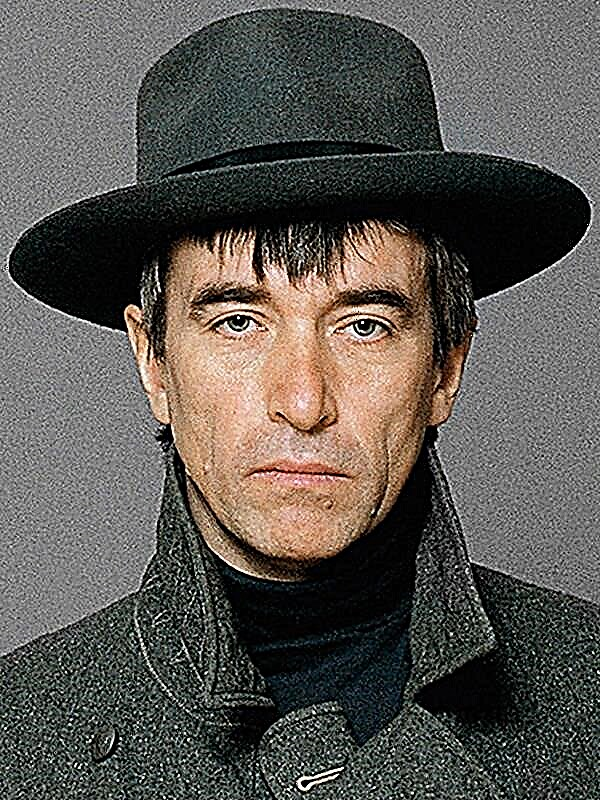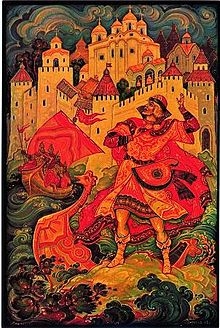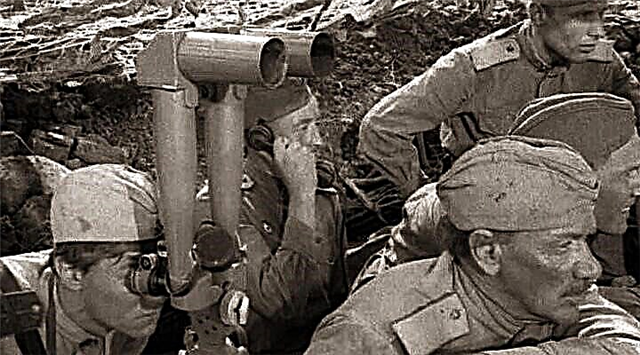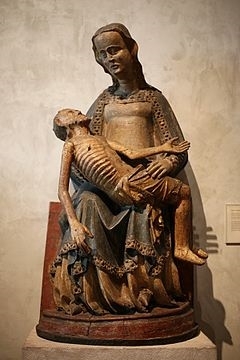The theme of "dream and reality" is most beneficial for the final composition, because it is close to every person and every literary hero. Everyone is dreaming and striving to bring dreams to life, but it turns out this is not for everyone. Dream and reality are inextricably linked. Reality breeds our ideals, but sometimes it becomes an obstacle to their fulfillment, and sometimes because of fantasies, real life is forgotten. These concepts are extremely ambiguous. It is in the work of A. Chekhov that the whole ambiguity of such concepts as “dream” and “reality” is shown.
- In the story "Gooseberry" Ivan Ivanovich tells the story of the life of his brother Nikolai, who devoted himself entirely to the "dream" of acquiring private property. Having served for a long time in the bureaucracy, Nikolai Ivanovich wanted to buy a small estate and set up a garden there, plant a gooseberry. It was such a fate that was ideal for him. The hero persistently walked towards his dream: he saved, was malnourished, married without love to a rich woman, who he kept half-starving. The wife could not stand it and died, and Nikolai Ivanovich bought the estate and 20 gooseberry bushes with her money. When Ivan Ivanovich was visiting his brother, he saw a completely happy person in front of him. But if you think about the means by which he achieved the fulfillment of dreams, it seems that it would be better if they never came true. In pursuit of material values, which was his dream, the hero did not live a life full of joy, he did not notice what was happening in reality, although this was much more important than his fantasies about gooseberries. In this story, Chekhov showed that our innermost desires are not always beautiful, that sometimes it is better to look back at reality and those who live next to you.
- In the story "Paris" the lawyer who argued with the banker that he could sit in prison for 15 years, ardently dreamed of regaining freedom. To kill time, which was so slow in prison, he began to study languages, philosophy, theology and other sciences. Gradually, the hero became disillusioned with all the ideals that so seduced him at large. He understood that the price of wisdom, beauty and life itself is worthless if each of us dies, if everything in the world is perishable and mortal. When the deadline came, the prisoner wrote a note in which he renounced the two million that the banker promised him in case of a win. The man was disappointed in his dream, realizing his delusions. All these best years of his life were not worth the money that he so wanted to receive.
- In the story "About Love" Alekhine tells his comrades the story of his unhappy love. Once he was invited to visit by Dmitry Luganovich. The wife of Luganovich, Anna Alekseevna really liked the hero. Alekhine became a regular in their house. He often wondered how such a beautiful and young girl agreed to become the wife of a man twice her age. According to the behavior of Anna Alekseevna, it was noticeable that she was glad of Alekhine's visits, but the young people did not talk to each other about their feelings. The man was afraid that he could not give much to his lover, the woman, apparently, was worried about her children and also was afraid that she could not make Alekhine happy. After some time, Luganovich was appointed chairman of the western province, the family had to leave. Before leaving, the main character ran to Anna Alekseevna in a compartment, hugged her, told her about love. Only when Alekhine finally lost his love did he realize that all the barriers to their happiness (thoughts about children, material wealth, public opinion) were all insignificant in comparison with their feelings. Love was a dream for the heroes, which could not come true because of fears of reality.
- In the story "Ionych" you can see a good example of how, abandoning a dream, a person loses himself. The hero of the book literally destroyed reality. Dmitry Ionovich Startsev, a young doctor, settles in a small town. He makes friends with the Turkins family and falls in love with their daughter, Ekaterina Ivanovna (Kotika). In conversations with Kotik, he laments the emptiness of the people around him, that he is lonely among them, only the girl awakens a bright feeling in him. Startsev makes her an offer, but she refuses. At the beginning of the story, the hero was hardworking, believed in higher ideals, was full of hopes and dreams, but when his dream did not come true, he abandoned this, the routine of the surrounding city enslaved him. Over time, Dmitry Ionovich turns into Ionych - a spiritually devastated hero who is only interested in money. The hero was unable to exert enough mental strength and defend his ideals, becoming what he wanted to become. In the finale, Ionychu is bored, nothing but accumulation, interests him, he is indifferent to nature, beauty, love. The hero succumbed to the influence of the place, people, he completely disappeared into the reality that once so burdensome him.
- The problem of dreams and reality is connected with the fate of Kotik. A young girl living under the care of her parents seeks to break free and achieve something. Ekaterina Ivanovna dreams of becoming a pianist, constantly practicing and is about to enter the conservatory. She refused to marry Startsev: “To become a wife - oh no, sorry! A person should strive for a higher, brilliant goal, and family life would bind me forever. ” The heroine has a dream, for which she is ready to neglect the other joys of life. She still manages to enter the conservatory, but she does not become a famous pianist. Returning to the city to the family, she again meets with Startsev and clearly regrets her past love. A marriage could make her happy, but for the sake of a dream she abandoned this crude and boring, in her opinion, reality. Chekhov poses another problem: does a person always know what will bring him happiness? Sometimes it's worth taking a closer look at reality, rather than running after a ghostly dream.
- It is said about how reality can destroy a dream in the story "Dreams." Two soldiers escorting a tramp to a link to Siberia. The tramp does not remember (or specifically does not want to name) his name, he talks about his life, that he was brought up in a manor house, that he poisoned his master with arsenic and got a term for it. The tramp escaped from hard labor, and does not want to return there, but he is even glad to go to Eastern Siberia: "There are more freeride there and people live richer." And he really wants to go fishing there and discusses what kind of fish can be caught there. Having lived through hard years in hard labor, he dreams of finding himself in the wild and feeling free. But the Sotsky tell him that he will not get to Siberia, because he is very weak and will probably die along the way. For a tramp, this is the worst sentence, his dream gives him the strength to live, but harsh convoys destroy it, revealing the terrible truth.
- In the play “The Cherry Orchard” the heroes dreamed of preserving their estate, but did nothing for this. Ranevskaya and Gaev lived in the illusions of the past, where the problems of the nobles were solved by themselves, without their participation. Therefore, they could not adapt to the new reality, where merchants gradually took capital from the landowners, because they were more calculating and economical. Representatives of the aristocracy saw the world through the prism of imagination, which helpfully painted any situation in pink. As we see, even before the auction, the owners of the cherry orchard did not even think about taking action. They just had a festive evening, as if nothing was happening. Of course, their inaction led to a sad outcome: they could not save the estate. Obviously, no dream will come true if a person uses it as a refuge from reality and is not going to realize his plans.
A. Chekhov still has a lot of excellent works illustrating these topics, so if something was missing for you, write about it in the comments, we will supplement the selection.

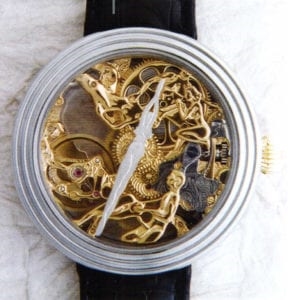
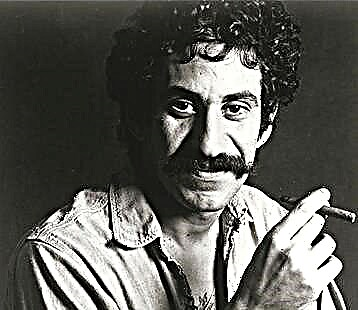
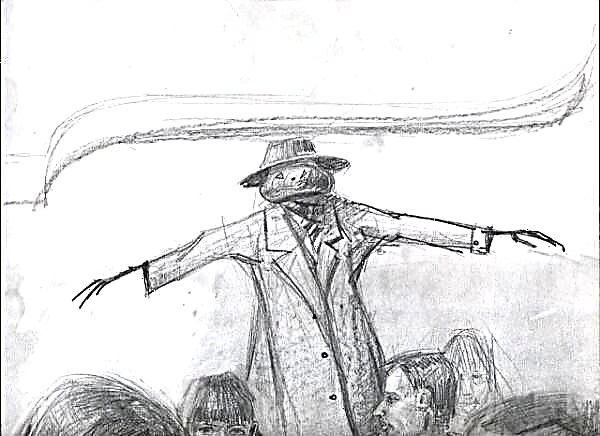
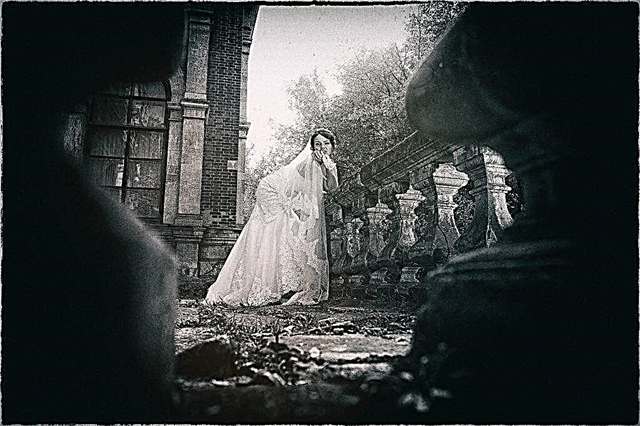

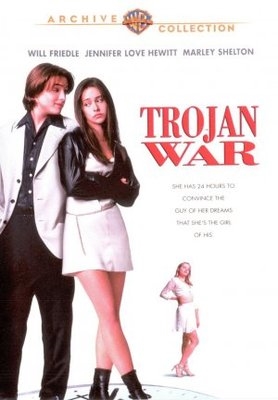

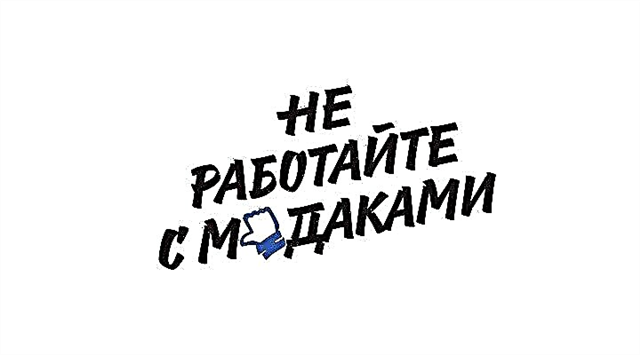 Do not work with assholes
Do not work with assholes